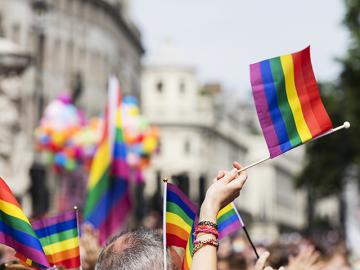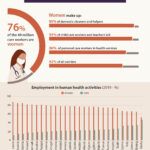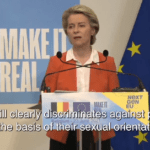
There is still a long way to go for LGBTI equality. International Day against Homophobia, Biphobia and Transphobia (IDAHOBIT) on 17 May is a reminder to challenge the discrimination and violence that too many lesbian, gay, bisexual, trans and intersex (LGBTI) people across Europe continue to face.
Last year, FRA published findings from the largest ever survey on hate crime and discrimination against LGBTI people.
More LGBTI people are now open about who they are. But fear, violence and discrimination remain high.
Two in five respondents say they were harassed the year before the survey. One in five feels discriminated against at work.
In some countries, over 70% of respondents say society is more tolerant now than it was five years ago. But in others, up to 68% say it is less.
And this was before the COVID-19 pandemic struck.
Studies in Member States carried out during the pandemic show a higher negative impact on the mental health of LGBTI people than among the general population. There was also an increase in domestic violence, particularly against young LGBTI people in lockdown.
Access to employment and healthcare became more difficult. A greater than average rate of LGBTI people are unemployed and in precarious jobs. Many experienced heightened stigma as a result of the virus and obstacles when seeking healthcare.
In November 2020, the EU rolled out its first-ever Strategy for lesbian, gay, bisexual, trans, non-binary, intersex and queer (LGBTIQ) equality. It aims to address the inequalities and challenges LGBTIQ people face through targeted actions for the next five years.
The strategy particularly focuses on tackling discrimination, ensuring safety and building inclusive societies. This should enable the EU and its Member States to take the necessary steps to protect the fundamental rights of all LGBTIQ people.
Only when Member States ensure equality and respect for fundamental rights, will LGBTIQ people be able to be themselves and live in dignity.
More information here






Leave a Reply